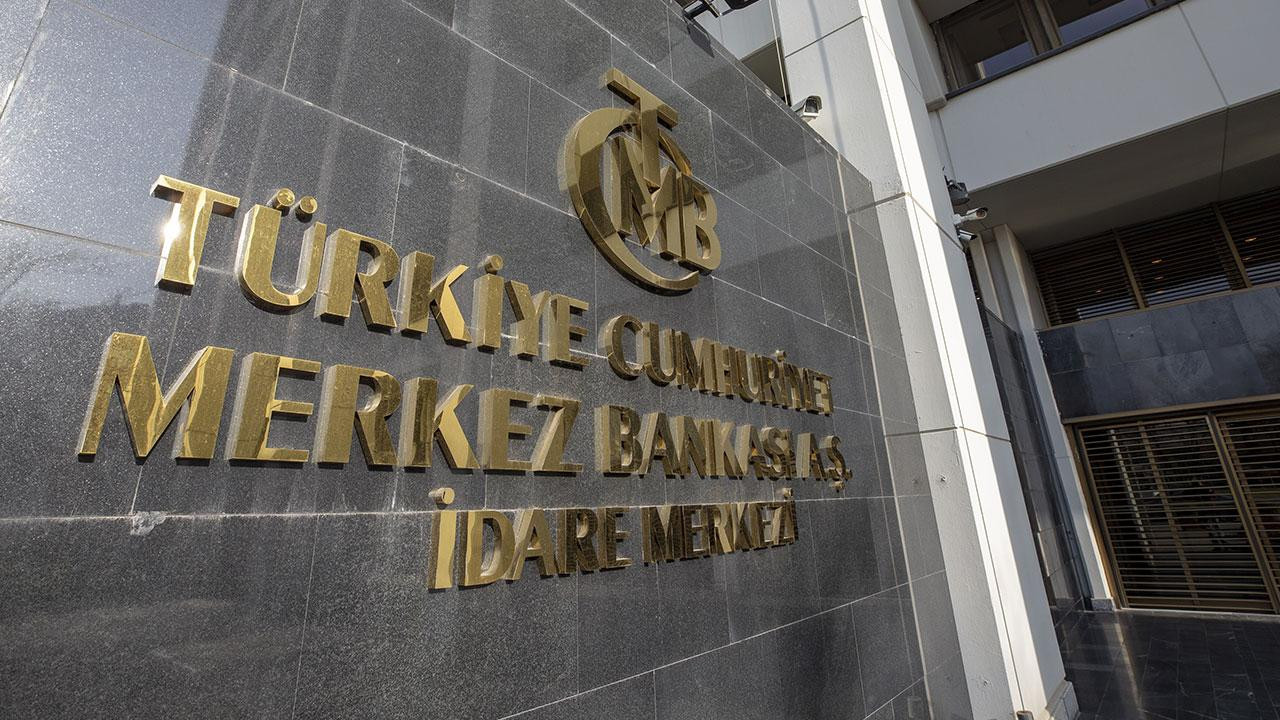Past-due loan cases rise by 66 pct in Turkey in one year
During January-May 2024, the number of individuals with past-due personal loans and credit card debts under legal follow-ups reached nearly 750,000 in Turkey. The year-on-year increase in May alone was 66 percent.
Duvar English
The number of individuals falling into legal follow-ups due to failing to pay personal loans or credit card debts on due in Turkey has been increasing exponentially.
Last May, approximately 100,000 individuals were placed under legal follow-ups due to past-due personal loans, which increased to 136,000 people by May 2024, according to the statistics reported by the daily BirGün based on the Banks Association of Turkey’s Risk Center’s report.
The number of individuals under banks’ legal scrutiny due to credit card debts increased by 66 percent in May compared to the same month last year, reaching 125,000 people.
When individual borrowers of personal loans or credit cards were counted separately, the number of those under banks’ legal follow-ups due to past-due loans in May alone amounted to approximately 238,000 individuals.
The total number of individuals facing legal action due to past-due loans increased by 39 percent from January to May compared to the same period last year, rising from nearly 539,000 people to 750,000 people.
If any debt is not paid within 90 days, it is classified as a past-due loan, and the legal follow-up process begins to collect the debts by putting a lien on property or garnishing wages.
The interest rates on loans and the late payment fees on credit cards surged after the May 2023 elections. The maximum monthly late payment interest rate on credit cards, which was 1.66 percent before the elections, increased to 4.55 percent with subsequent policy rate hikes. During this period, interest rates on personal loans also rose from around 30 percent to 80 percent.
Even though credit utilization decreased with high interest rates, the experts have noted that credit cards replaced the decreasing loans.

 Turkey's Central Bank increases rates for credit card cash withdrawalsEconomy
Turkey's Central Bank increases rates for credit card cash withdrawalsEconomy Personal credit card expenditures in Turkey increase by 147 percent in one yearEconomy
Personal credit card expenditures in Turkey increase by 147 percent in one yearEconomy Credit card debt in Turkey increased 2.5-fold in 2023Economy
Credit card debt in Turkey increased 2.5-fold in 2023Economy Turkey’s central bank holds interest rates steady again at 50 pctEconomy
Turkey’s central bank holds interest rates steady again at 50 pctEconomy